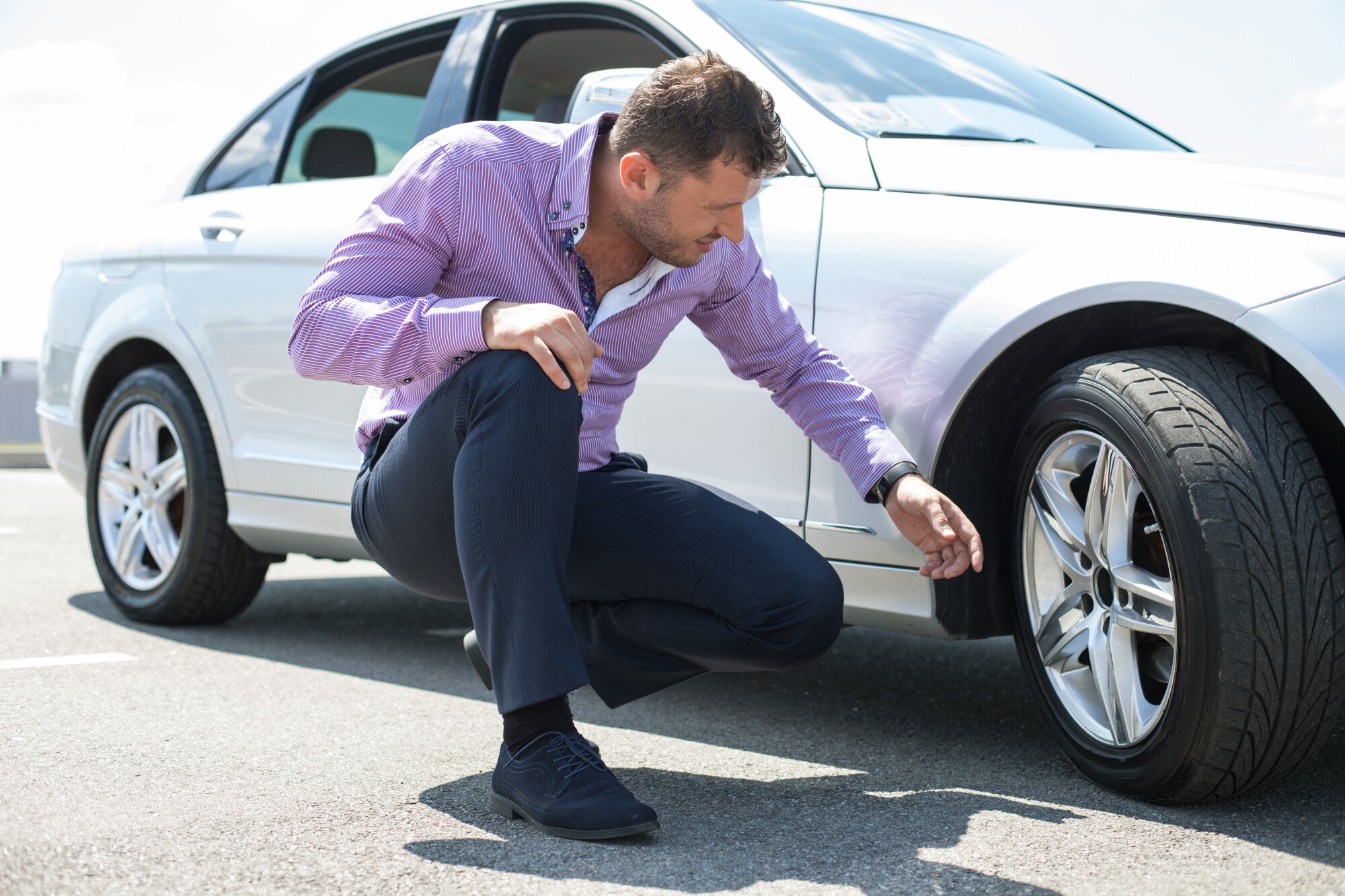Buying a car can be an exciting experience, especially when you discover that your dream vehicle, or the perfect deal, is located across state lines. Whether you’re shopping for a brand-new model or a used car, it’s natural to wonder: Is it legal to buy a car in another state?
The short answer is yes, it’s absolutely legal to buy a car in another state. However, there are specific laws, taxes, and registration steps that vary by state, and understanding them can help you avoid unnecessary headaches. In this guide, we’ll explain what the law says, how the process works, and what you need to know before finalizing your out-of-state car purchase.
Is It Legal to Buy a Car in Another State?
Yes. Federal and state laws allow consumers to purchase vehicles from dealerships or private sellers located outside their home state. However, you must comply with both the seller’s state laws and your home state’s regulations for titling, taxes, and registration.
The key is to handle the paperwork correctly so the transfer of ownership and taxes are properly recorded. For instance, if you live in Texas but buy a car from a dealer in California, you’ll typically pay sales tax and register the car in your home state, Texas.
Why Buy a Car in Another State?
There are several good reasons why car shoppers look beyond state lines:
- Better deals and pricing: Some states have lower average car prices or better promotional offers.
- Access to specific models: Certain trims, colors, or rare vehicles may not be available locally.
- Avoiding local dealer markups: Buying out of state can help you sidestep inflated prices in high-demand regions.
- Online marketplaces: With the rise of digital auto platforms, many buyers prefer to buy a car online and have it delivered to their door.
Steps to Buying a Car in Another State
To ensure a smooth transaction, follow these essential steps:
1. Research State-Specific Laws
Each state has its own vehicle laws, including emissions testing, title transfer requirements, and temporary registration permits. Make sure you review both the seller’s and your home state’s Department of Motor Vehicles (DMV) regulations.
2. Verify the Car’s Title and History
Always check for accidents, liens, and ownership history using a trusted vehicle history report. This helps protect you from purchasing a car with undisclosed issues.
(Tip: Accident history can significantly impact resale value, learn more in our guide on Does Accident History Lower a Car’s Value?.)
3. Arrange for Inspection
Before committing, get a pre-purchase inspection by a certified mechanic near the seller’s location. This ensures there are no hidden mechanical problems or frame damage.
4. Understand the Tax Rules
Sales tax can get confusing with out-of-state purchases. Generally, you’ll pay sales tax in your home state, not the seller’s. However, always confirm this with your DMV or state tax office.
5. Handle Registration and Title Transfer
You’ll need to register your new vehicle in your home state and obtain a new title under your name. This usually requires:
- The signed title from the seller
- Bill of sale
- Proof of insurance
- Odometer disclosure statement
- Emissions or safety inspection (in some states)
6. Transport the Vehicle
After completing the paperwork, you can either drive the car home with a temporary permit or have it shipped using a reliable auto transport company. Working with a professional carrier for shipping a car to another state ensures safety and convenience.
Buying a Used Car Out of State: Extra Precautions
If you’re buying a used car out of state, pay special attention to:
- Emissions and safety standards: Some states have stricter inspection requirements.
- Title branding: Terms like “salvage” or “rebuilt” affect resale value and insurability.
- Mileage verification: Odometer discrepancies can indicate fraud.
Also, always confirm that the Vehicle Identification Number (VIN) on the title matches the car’s VIN plate.
What About Buying a Car Without Seeing It?
In today’s digital world, it’s increasingly common to buy a car without seeing it in person, especially through reputable online dealers or auctions. However, to avoid scams:
- Request high-quality photos and videos.
- Verify the dealer’s license and reviews.
- Use secure payment methods.
- Get a third-party inspection.
For more safety tips, check out our article on How to Avoid Scams When Buying a Car Across State Lines.
How to Register a Car Purchased in Another State
Here’s a simplified overview of the registration process:
- Visit your local DMV within the required timeframe (usually 30 days).
- Submit all purchase documents and identification.
- Pay applicable taxes and registration fees.
- Receive your new plates, registration, and title.
Failure to register within the deadline can lead to penalties, so don’t delay.
Shipping Options for Out-of-State Purchases
If driving the car home isn’t practical, car shipping is often the safest and most cost-effective solution. You can choose between:
- Open transport: Affordable and suitable for most vehicles.
- Enclosed transport: Ideal for luxury, classic, or high-value cars.
Professional transporters handle logistics, insurance, and delivery, saving you time and effort.
Calculate the Value of Your Car Before Trading or Selling
If you’re selling your current car before buying an out-of-state vehicle, knowing its worth can make a huge difference. Try our car value calculator to see how mileage affects your car’s value, and learn how to maximize your car’s value before you sell your car online.
You can also use our car selling checklist to ensure you have all the documents and details ready for a smooth sale.
FAQs About Buying a Car in Another State
1. Can I finance a car purchased in another state?
Yes, most lenders and dealerships offer financing for out-of-state purchases. Be sure to inform your lender so they can prepare the correct paperwork.
2. Do I need insurance before driving the car home?
Yes. You must have valid auto insurance before legally driving or transporting the car home.
3. What if the car fails an emissions test in my state?
If your state requires stricter emissions standards, you may need to make repairs before registration. Always verify requirements before buying.
4. Can I return a car bought in another state?
Most private sales are final. Dealerships may offer limited return policies, check their terms before signing.
Final Thoughts
So, is it legal to buy a car in another state? Absolutely. As long as you handle taxes, registration, and transportation properly, it’s both legal and often financially smart. Whether you’re buying from a private seller or dealer, taking the time to understand the legal steps can help you enjoy your new ride without surprises.
And when you’re ready to make that purchase, Nexus Auto Transport can help with safe, affordable, and reliable car shipping to any state in the U.S.



